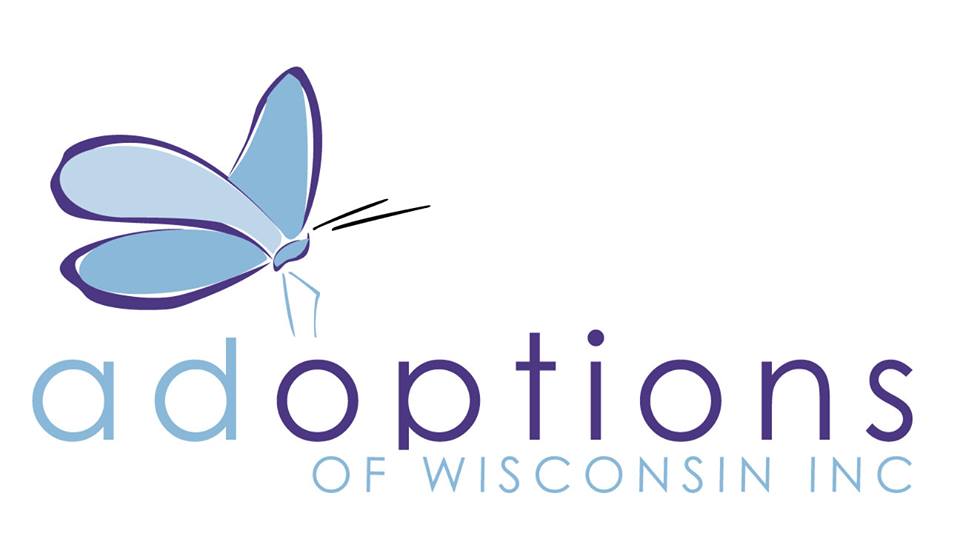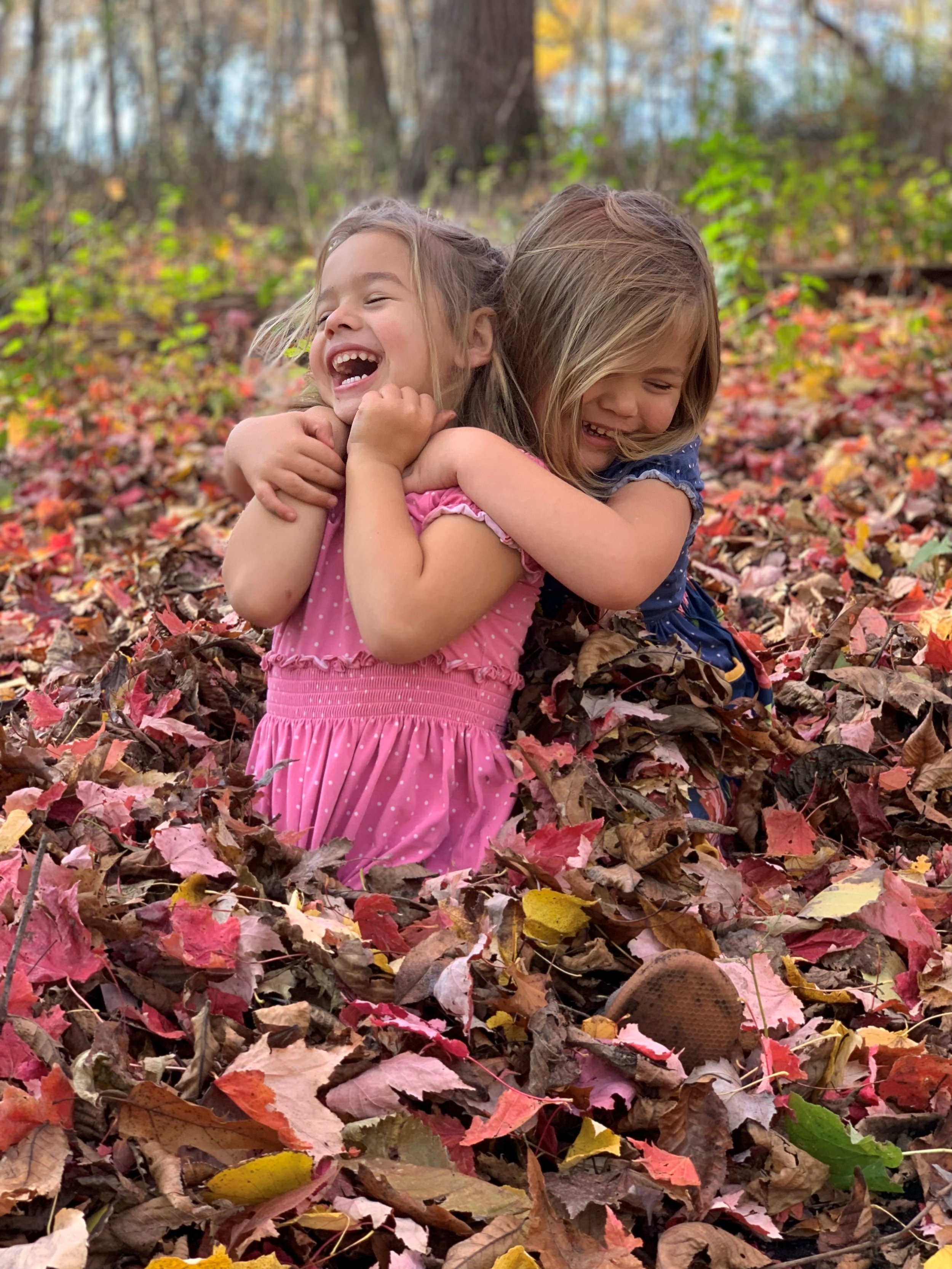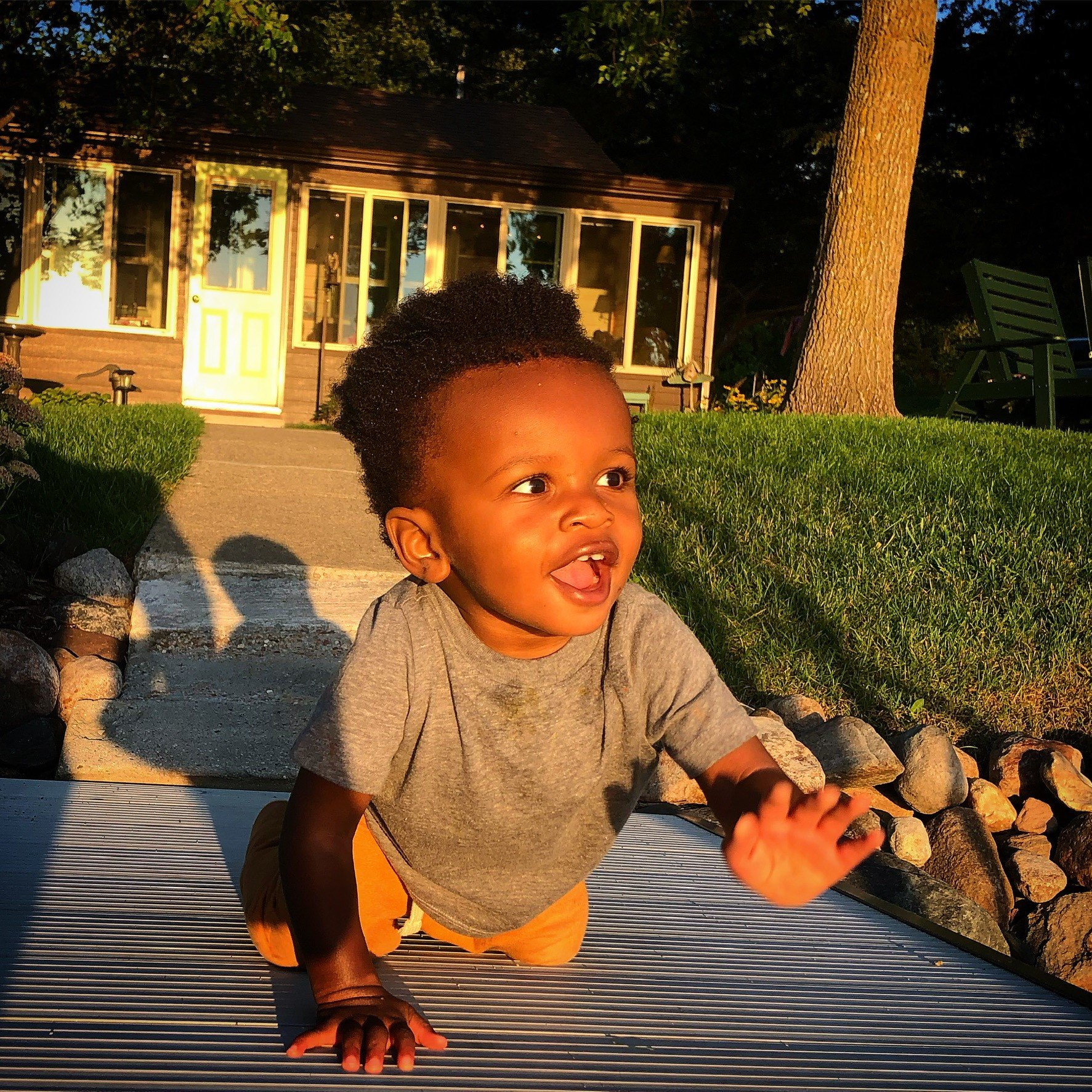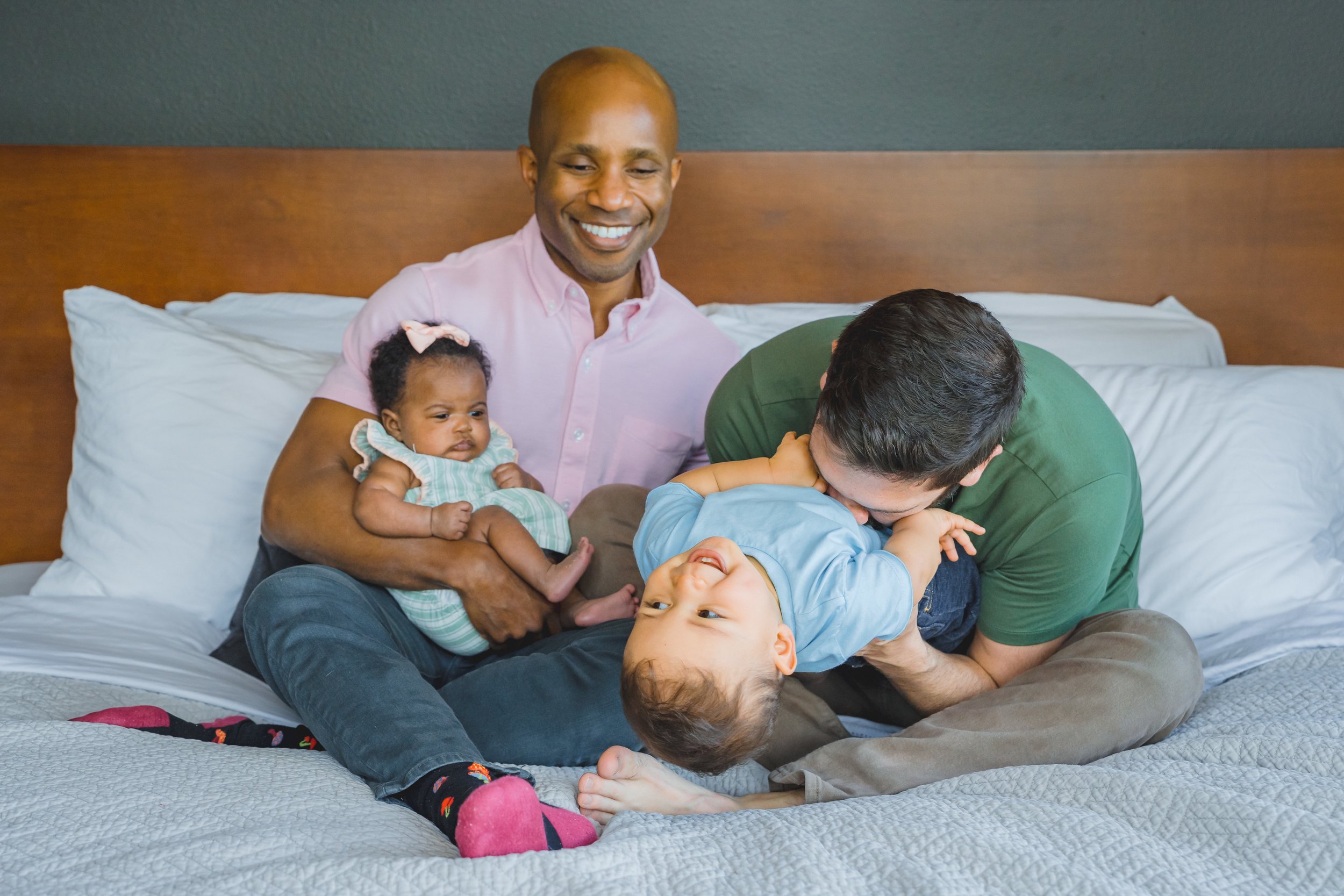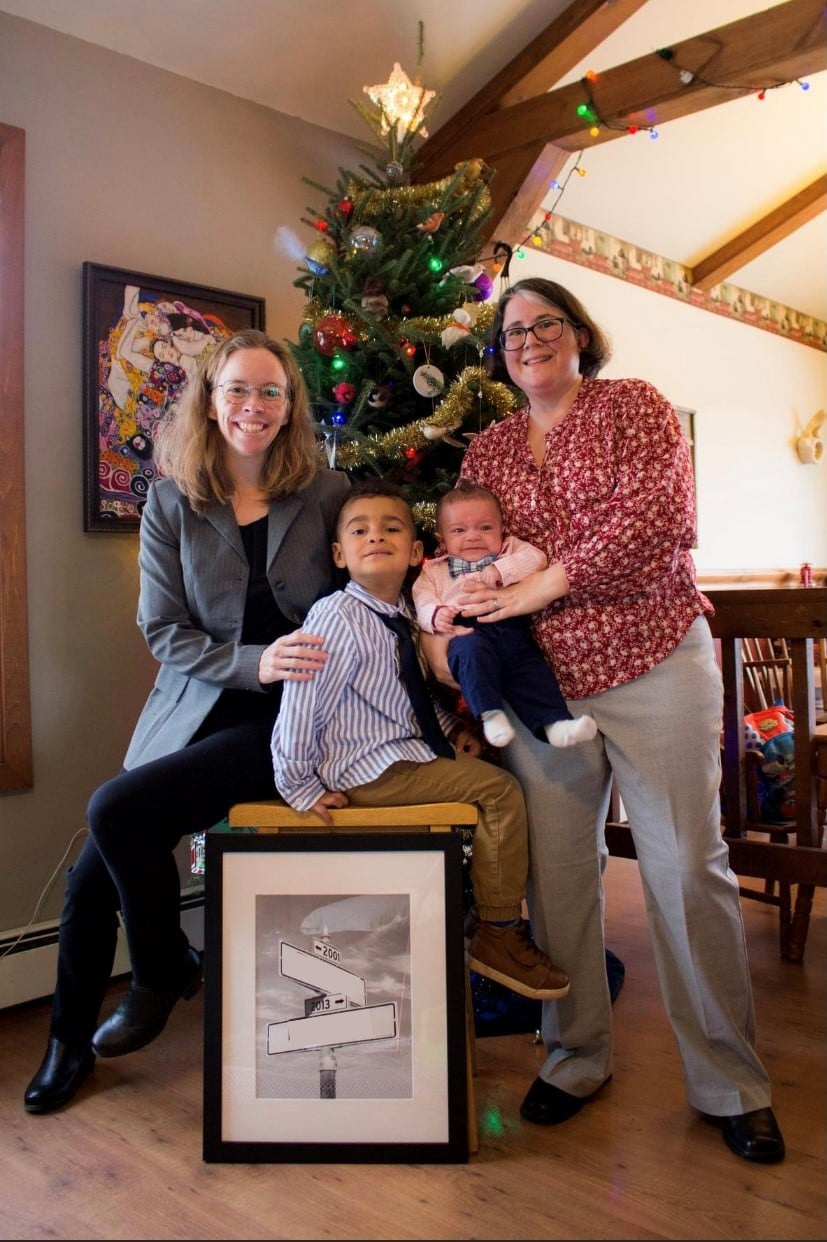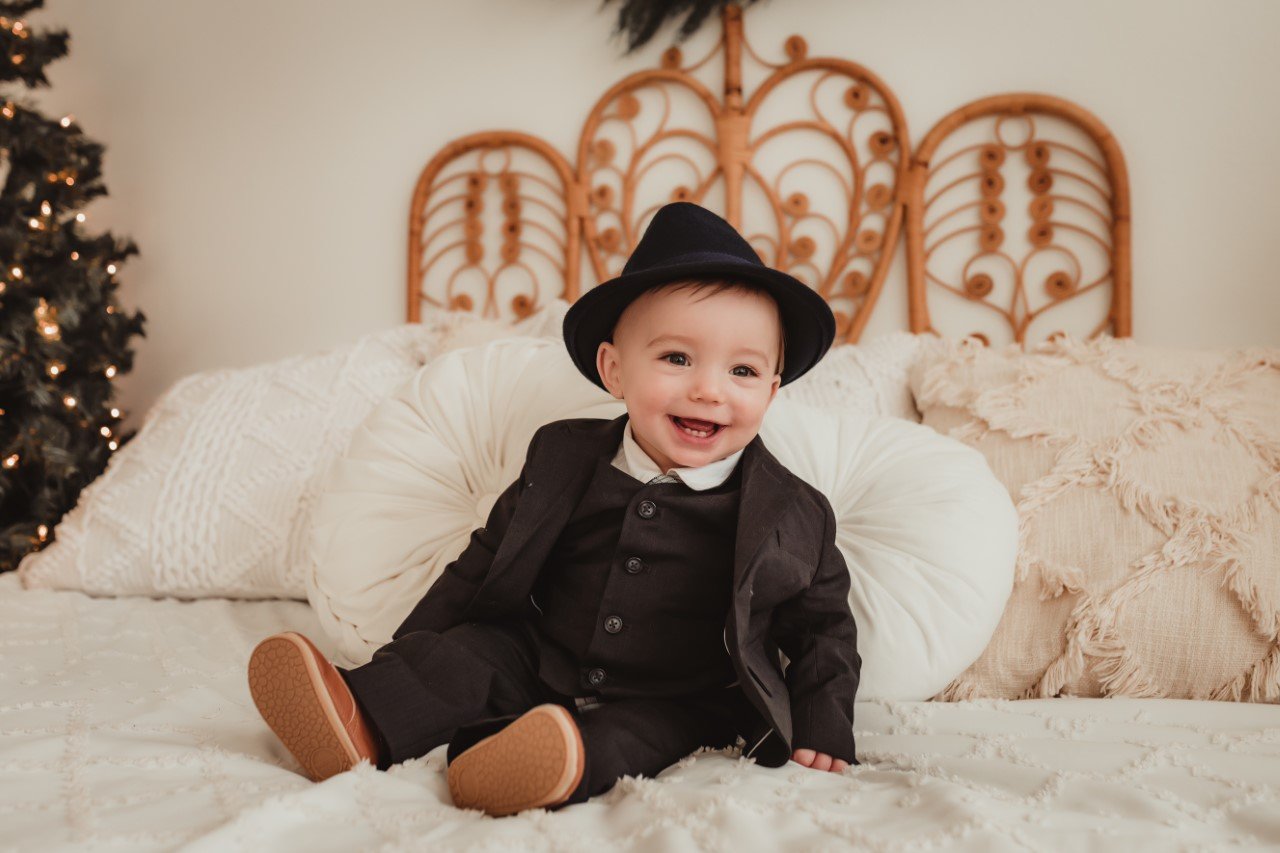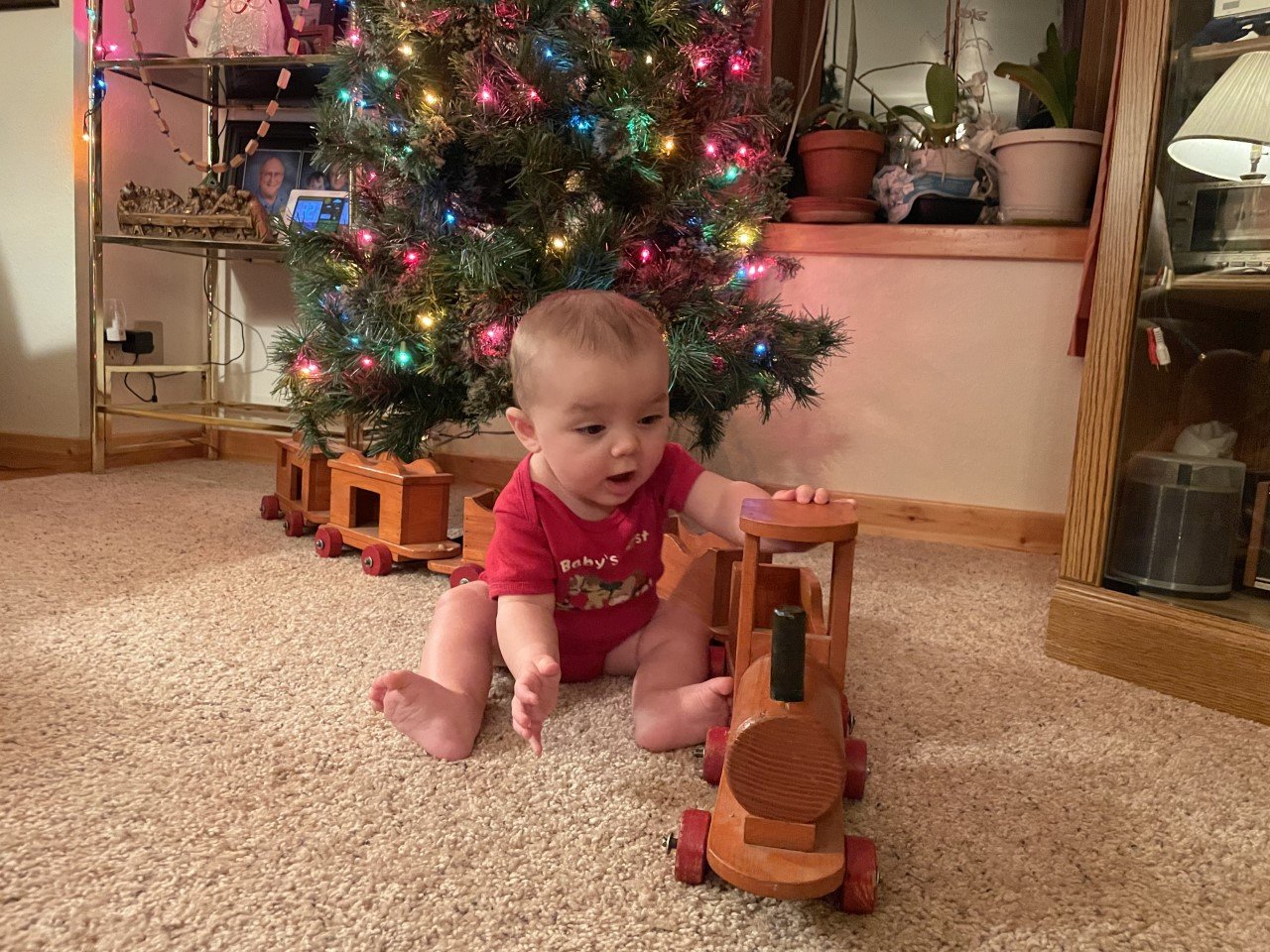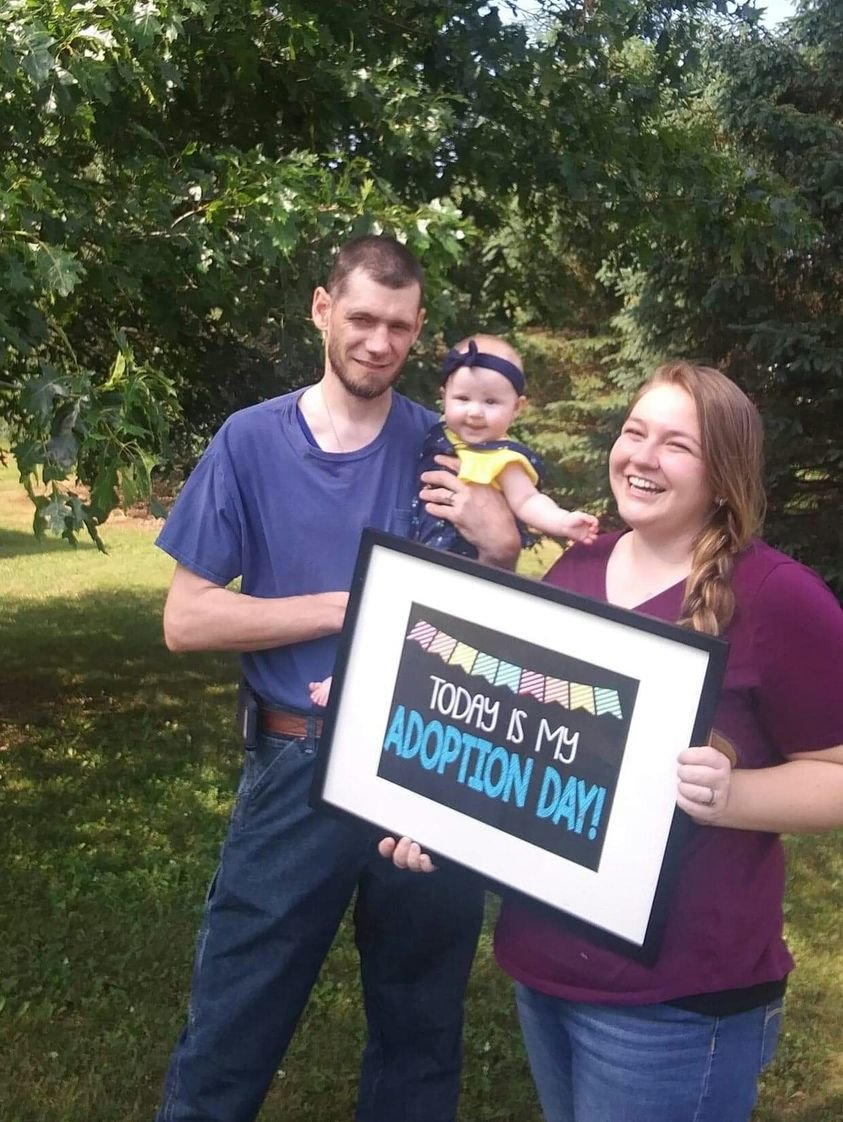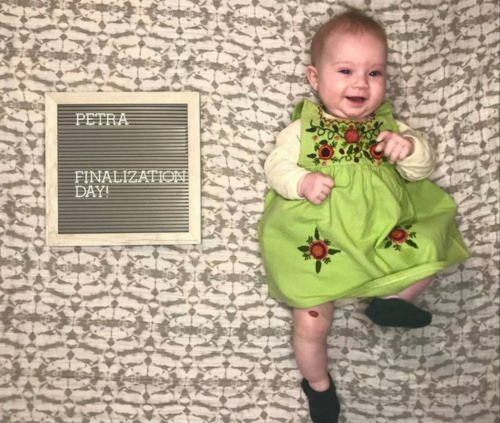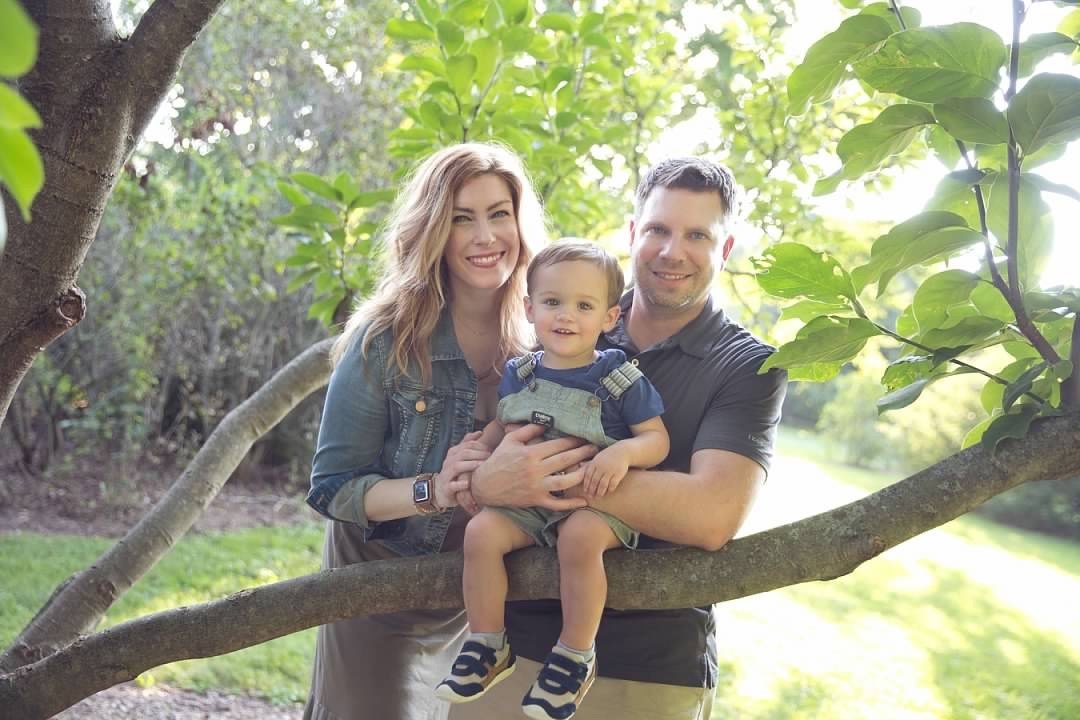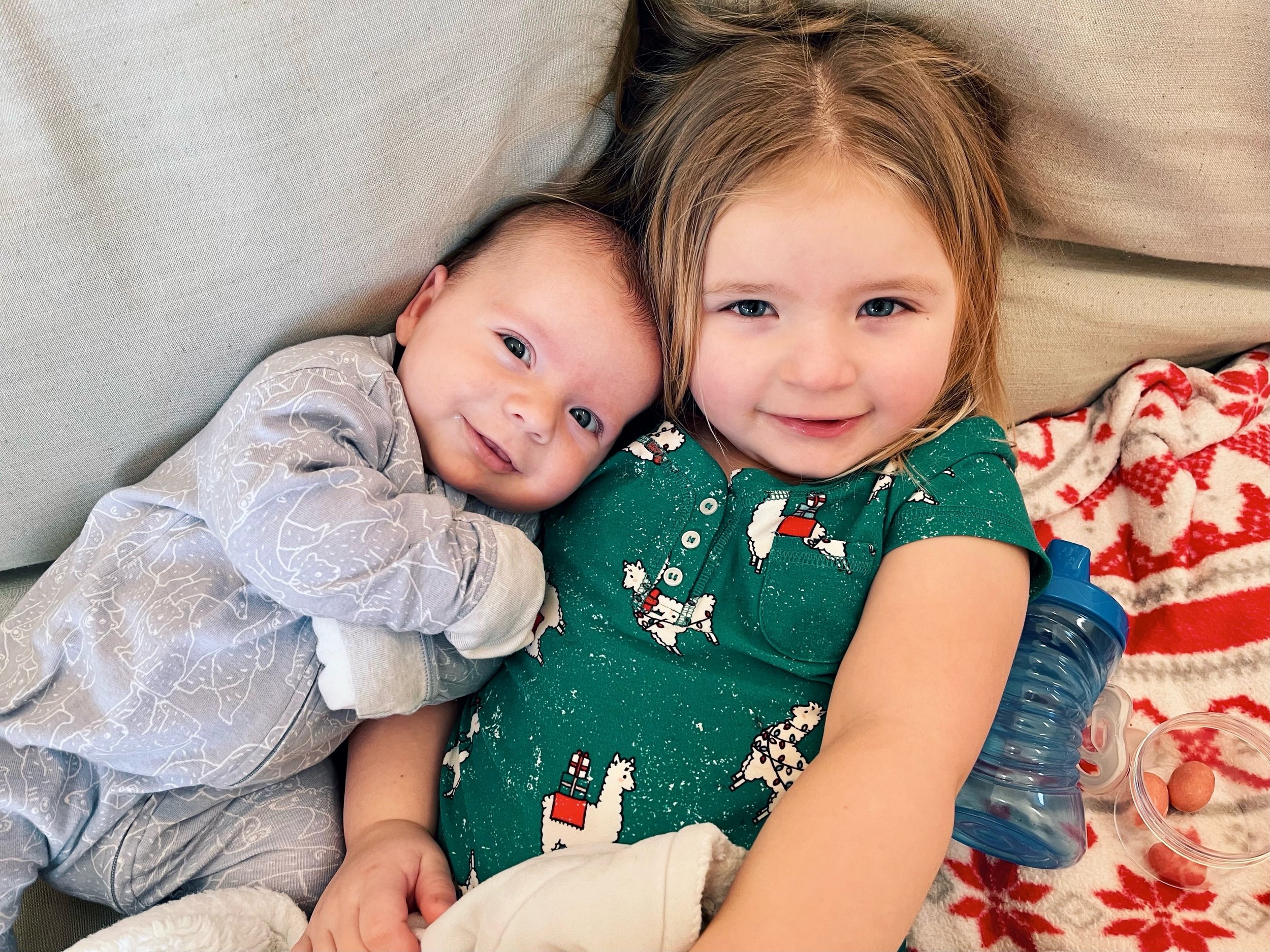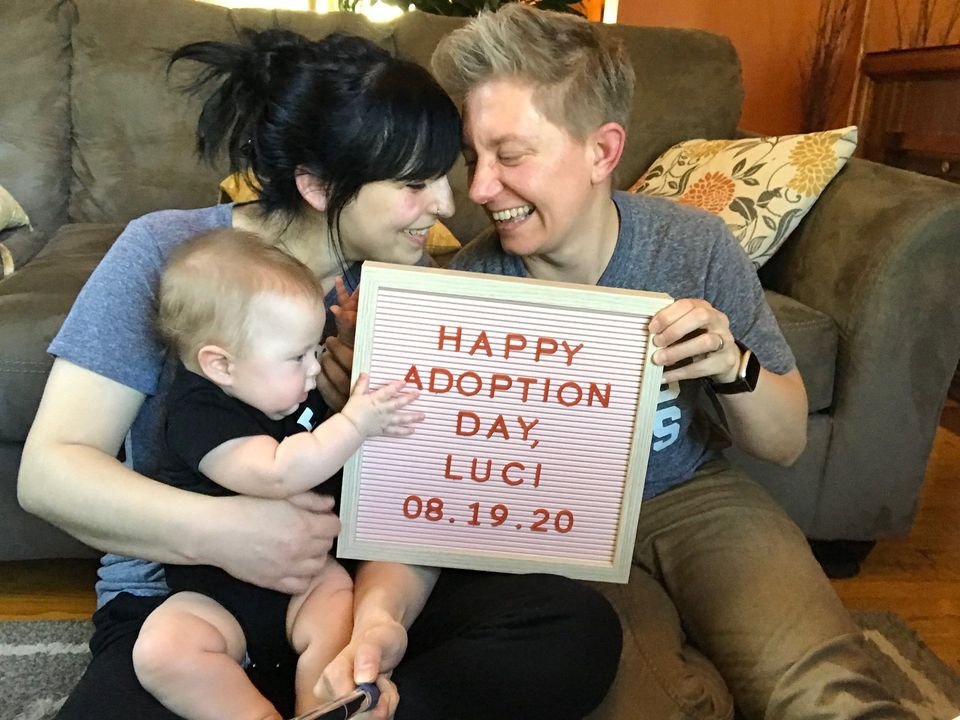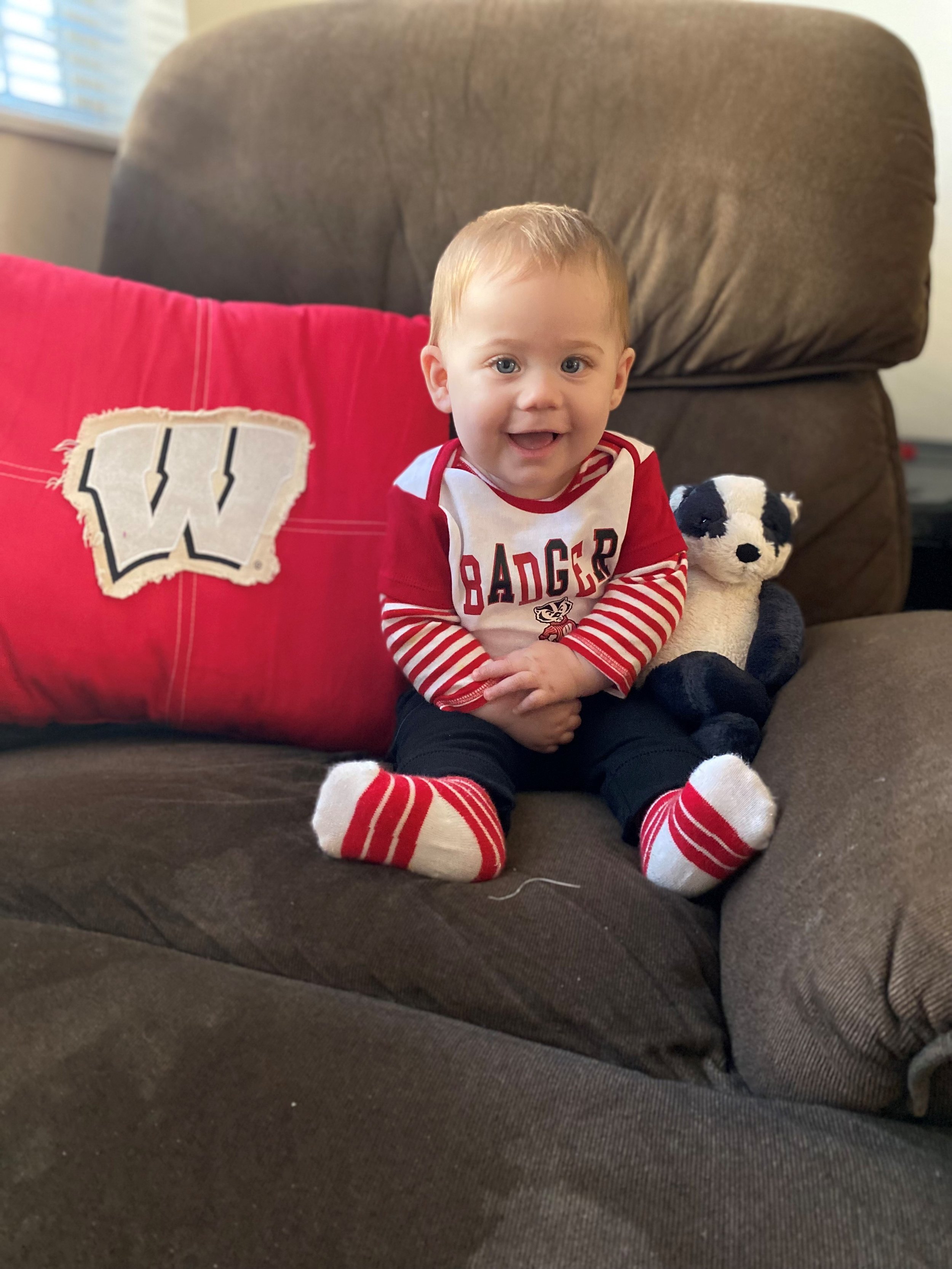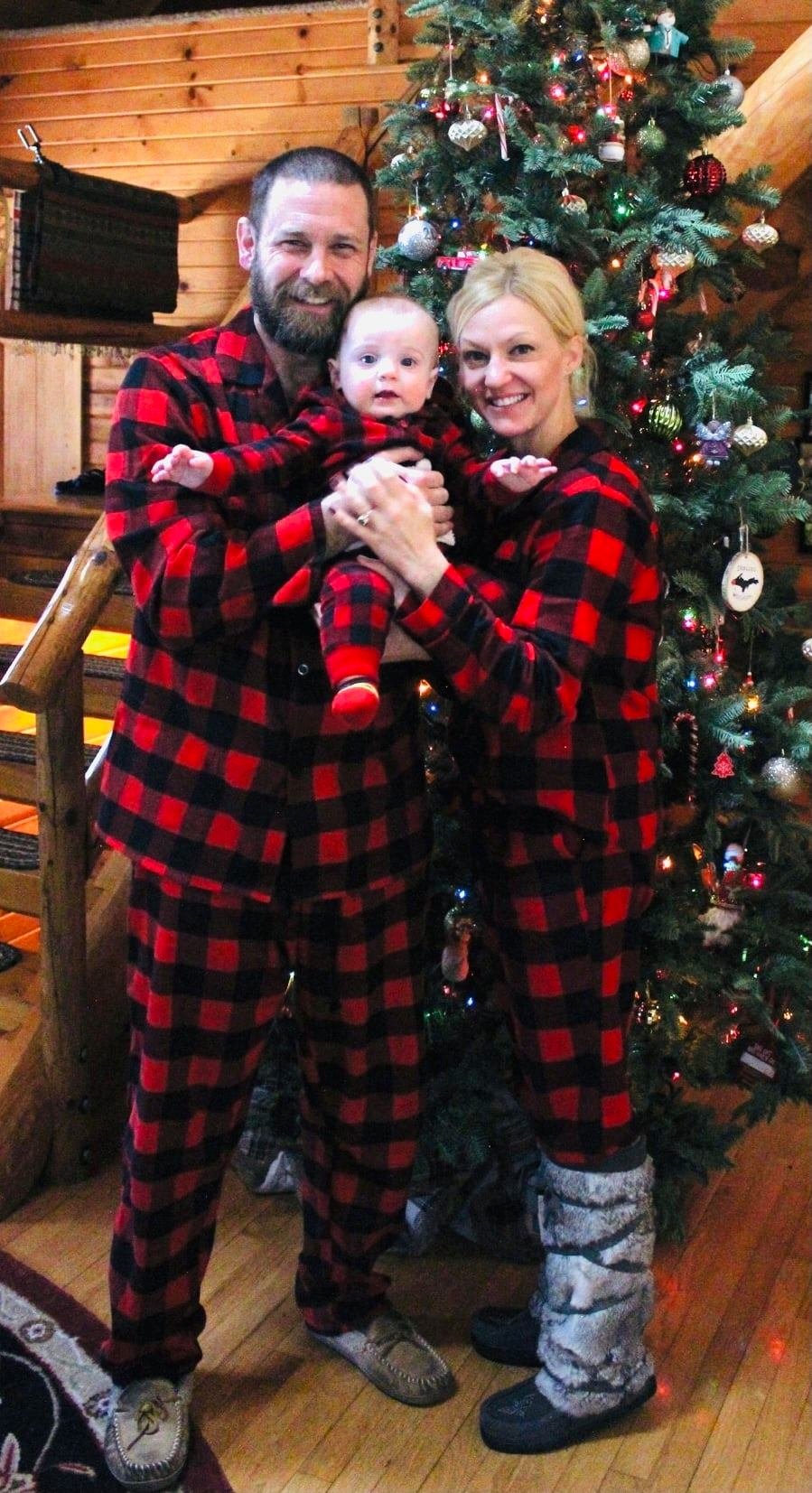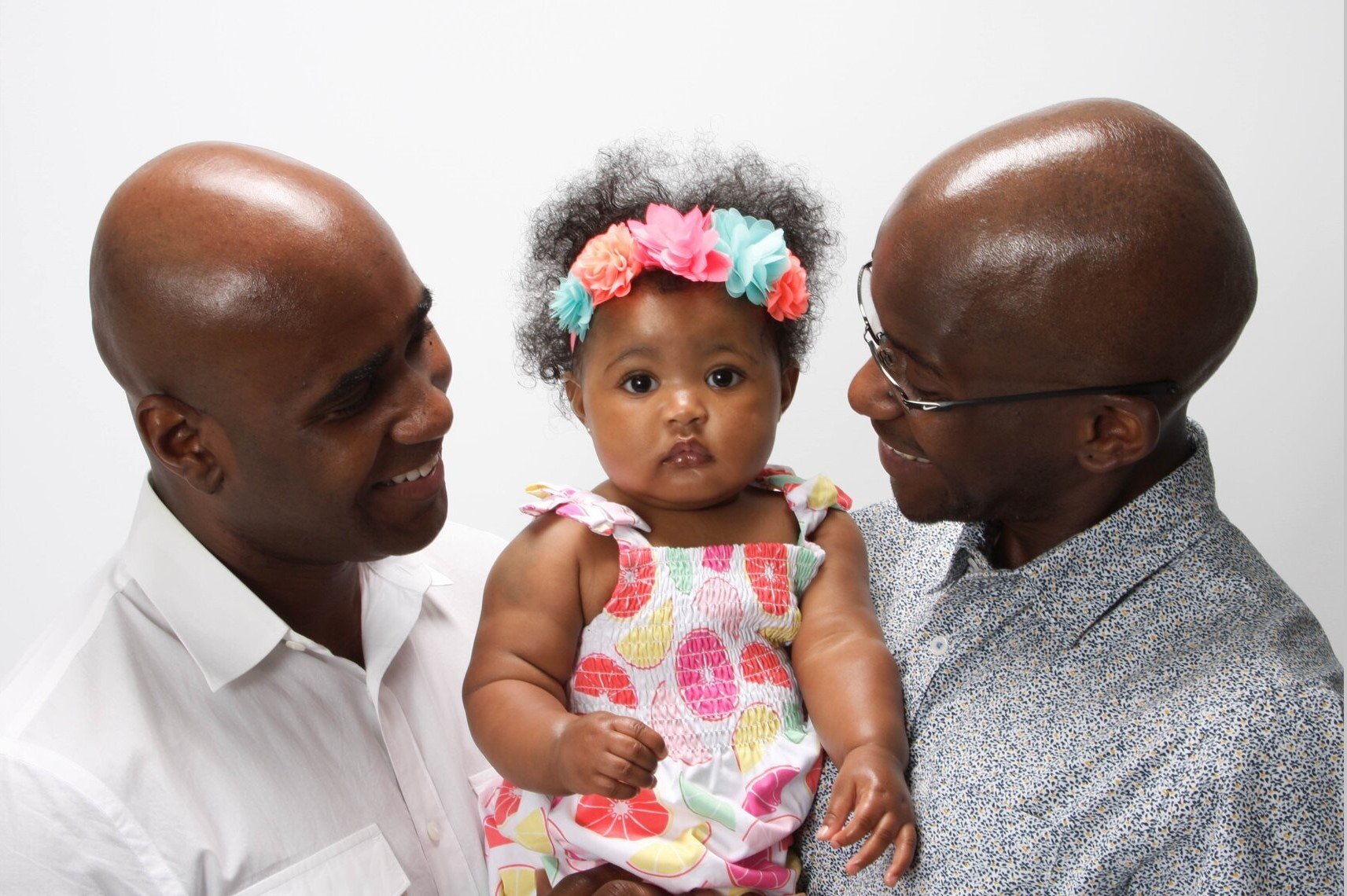How to Talk to Your Young Child About Adoption
/How to Talk to Your 6 to 8 Year Old Child About Adoption
At this age, your child is starting or continuing school. Their classmates, friends, and teachers are beginning to have an impact on their worldview and their opinion of themselves. Children at this age are also becoming more self-aware and realize that they are a person separate from their parents. Because of this, they will begin to question where they fit into the world.
Your child has probably always known that he was adopted, but now others may also be pointing it out to him and asking about adoption. Your child is also realizing that, while she was adopted, most of her classmates were not. Your child’s classmates are becoming more curious about the people around them, just like your child is. They may ask your child blunt questions about themselves and their family. Your child should be encouraged to engage only as she feels comfortable. You can help her to have the language to answer her friends’ (or their parents’) questions.
Your child’s understanding of why his birthparents were unable to raise him is an important developmental milestone at this age. It is important that your child does not associate being adopted by their parents with being rejected by their birthparents. When your child has questions, you can reassure him that he has not been rejected and that you will always be there to him.
Let’s look at one of the more common things that adopted children talk about at this age. What if your child says that they must have been a bad baby, and that’s why their birth mother decided to place them for adoption? Instead of the knee jerk response of “no, you were a great baby” you can help correct misconceptions. Let your child know that her birth mother didn’t place her for adoption because of anything the child did. Help your child to understand that no one decides to place a baby for adoption because of anything the baby did. People place children for adoption because they know that all babies need to be cared for, even if a birth mother isn’t able to provide that care for them. Birth parents place children for adoption because they love them.
Your child is getting smarter and more aware every day. Especially at this age, children will notice how you react to things that strangers and acquaintances say about adoption. Figure out a few polite, humorous responses to some of the more ridiculous comments that people will make , so that your child can see you helping to educate others about adoption. For example, if someone asks whether a child is your “real” child, you can response that “Of course, all my children are real.” Or, a well-meaning person may tell you that your child is “so lucky to have you.” You can also point out that you are lucky to have them and fortunate to be a family. Humor can be a powerful tool for managing social situations and presenting a good example to your child. When you talk with your child about this, you help to set them up for a confident, strong path in the future!
